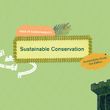Watch: Can you actually lead a zero-waste life?
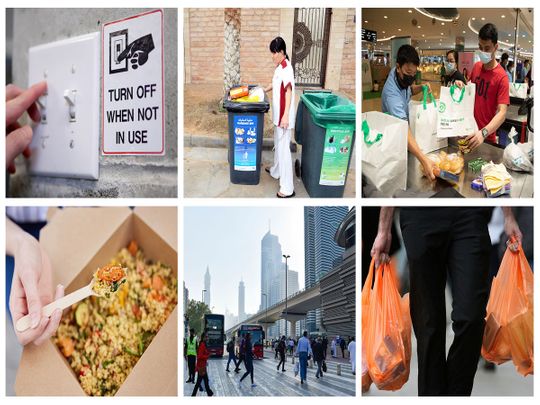
Image Credit: Gulf News
Dubai: If you are one of those for whom ‘sustainability’ seems rather out of reach, this is for you.
The just-released second edition of the Sustainability Guide in the UAE’s Year of Sustainability offers practical tips and expert insights on how you can begin with baby steps to consciously change your daily habits and minimise your carbon footprint.
But for any of this, it’s the mindset that must first change. Sustainability is not some utopian concept that is meant for discussions on paper or public forums. It is a way of life, eminently achievable, if only we were to drop the cynicism and as each individual, get down to doing the little things that we are told will literally make a world of difference.
Individual effort is the key
Rauda Al Falasi, Strategic Storytelling Manager of the Year of Sustainability, says: “An essential component of conservation efforts are the individuals in a society, as it is our actions combined that directly impact the environment.
“The Sustainability Guide aims to empower all those who call the UAE home to make informed choices and carry forward the country’s deep-rooted legacy of sustainability that its ancestors practised by consuming resources more responsibly, thus ensuring a more sustainable future for the generations to come.”
An essential component of conservation efforts are the individuals in a society, as it is our actions combined that directly impact the environment.
Begin with basic pledges
According to the Sustainability Guide, you can begin the journey by making simple pledges to yourself: Go on a single use plastic detox; opt for recyclables and biodegradables; divide and segregate your waste; and ride right.
Of course, there are many other daily milestones you can strive to accomplish – from switching off the lights and not letting the tap water run needlessly to buying, cooking and consuming only as much as you need; or even giving your clothes and shoes a second chance instead of discarding them and going in for something new ever so often.
Single-use-use plastic detox
How: Just give up it’s use, it’s as simple as that.
Why: It’s healthy for our bodies, saves money and prevents pollution.
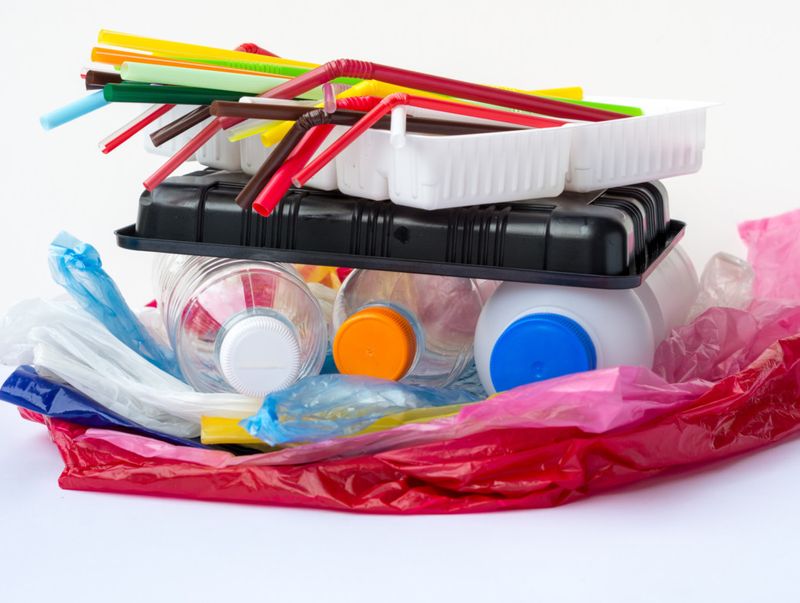
Image Credit: Shutterstock
If single-use plastics are an integral part of your lifestyle, it’s time to say goodbye to them. So how does that help? As the guide explains, they minimise our exposure to harmful chemicals in plastic products. Many plastics contain substances like BPA and phthalates, potentially posing health risks.
While single-use plastic may seem cheaper in the short term, the cumulative expenses in repeatedly buying them add up. Also going on a single-use plastic detox aligns with a sustainable lifestyle, inspiring others to make a shift.
In terms of the environment, micro-plastics pollute drinking water sources, accumulate in the food chain and release toxic chemicals that can even cause cancer. They are a threat to marine life as well, not to mention the impact it has back on us when we consume seafood. The detox also helps prevent pollution and save energy.
Opt for recyclables and biodegradables
How: Ask for them at groceries, restaurants; reuse them
Why: They are safe to use, save money and make you an agent of change
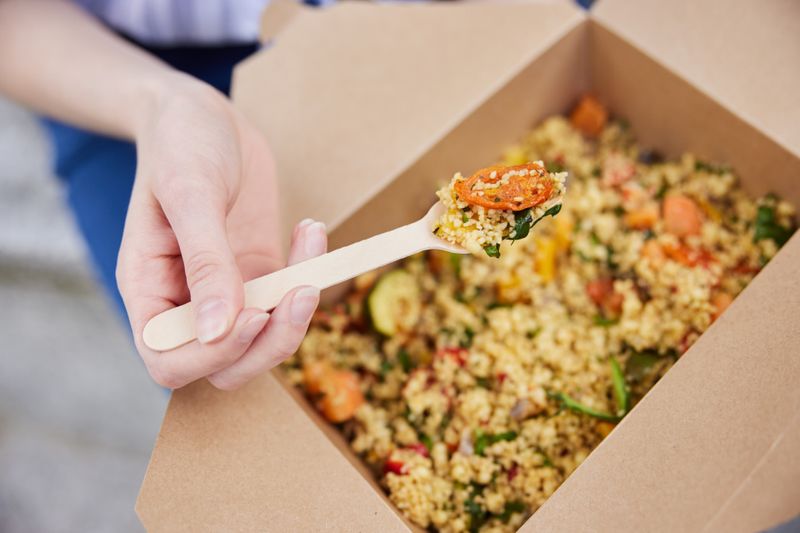
Image Credit: Shutterstock
Biodegradable plastics and other alternatives are safe to use. They help protect our ecosystems and create a cleaner, greener present and future. Investing in durable and reusable alternatives can also help save money in the long run. It creates a sense of responsibility and helps every individual become an agent of change.
Think alternatives
How: Make a conscious effort to do it and it will soon become a habit
Why: Alternatives can be reused, repurposed ; they can be fun too
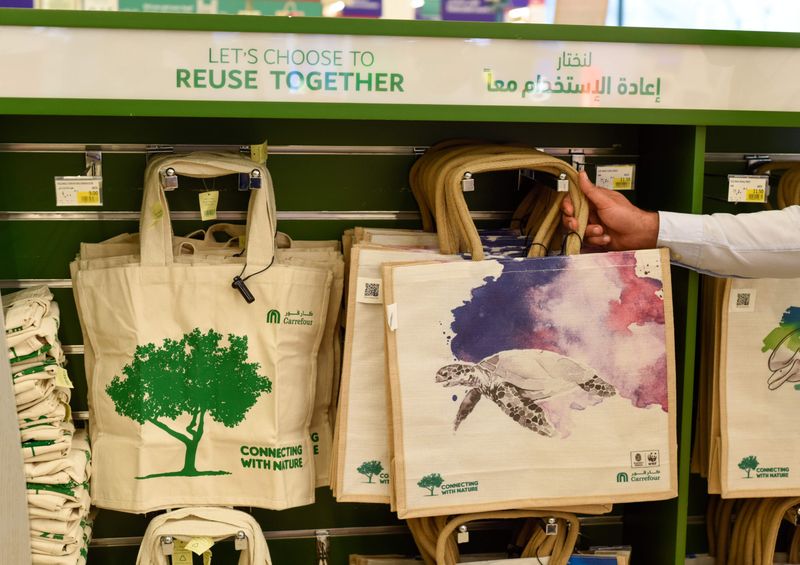
Image Credit: Gulf News
Consider reusable fabric bags, multi-use cups and lids, paper cups and lids, recycled plastic cups and lids, wooden cutlery, plates and straws – to a name a few. These items can be used repeatedly, reducing the need for single-use plastic bags. They can also be repurposed, adding a touch of fun and practicality to our daily lives. Similarly, cutlery, plates, straws made of wood or recycled materials can be reused.
Divide, segregate waste
How: Follow the colour-coded system: Green for recyclables, black for non-recyclables, red for hazardous waste and brown for food and organic waste.
Why: It ensures that each type of waste undergoes appropriate processing, disposal
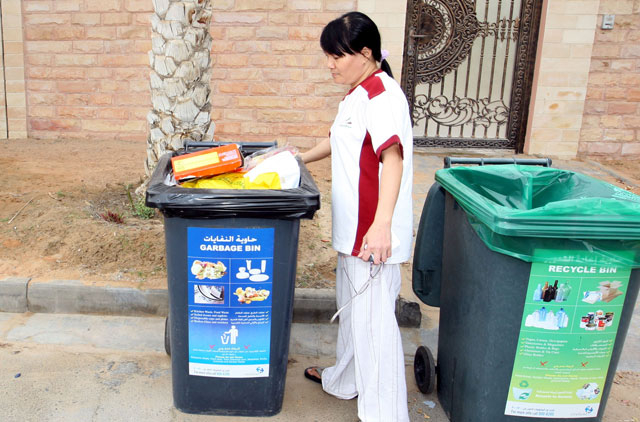
Image Credit: Gulf News
By actively following the colour-coded system, we can prevent waste from accumulating in landfills. The UAE, according to Habiba Al Marashi, member of the Sustainability Experts Network, aims to eliminate the practice of sending waste to landfills by 2050.
Unorganised solid waste poses health risks. By segregating waste at the household level, AAli Al Shimmari of the Sustainability Experts Network, says each type of waste undergoes appropriate processing and disposal.
All of this in turn reduces the adverse impact on the environment, mitigates greenhouse gas emissions and soil degradation, besides carbon emissions.
Ride right
How: Embrace electric, hybrid and alternative means of transport. Choose to walk, cycle; use public transport, ride-share and route plan
Why: Promotes active lifestyle, connects us with the community, is budget-friendly, conserves resources and reduces pollution
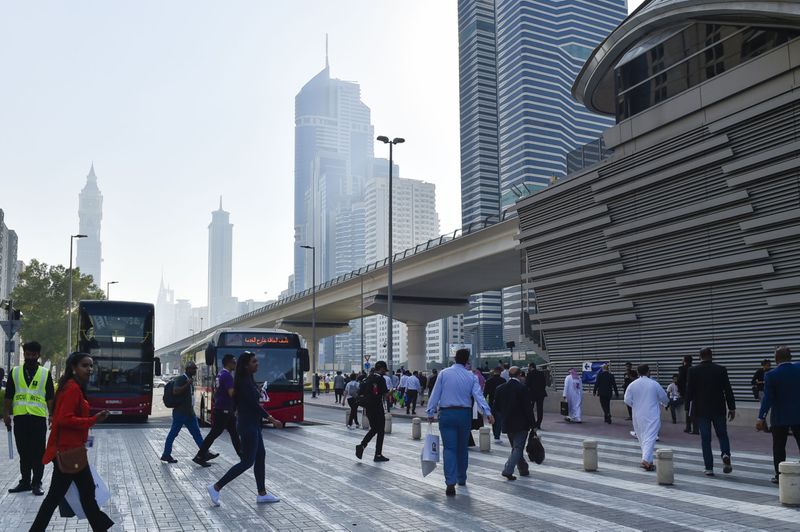
Image Credit: Gulf News
Green mobility means making eco-friendly choices to move around. The idea is to reduce carbon emissions and air pollution and optimise the use of resources. In the process, we get to benefit as well.
Using public transport, for instance, often involves walking or cycling to and from the transit stops; it also connects us to others, fostering a sense of community.
Of course, they are a far cheaper option than private transport and reduce noise pollution. Green mobility and public transport also cut the demand for fossil fuels and reduce air pollution, making the city a greener place
Other simple acts
How: Just do it – Switch off the lights, don’t waste food or water, mend, recycle clothes
Why: It conserves energy, makes your way of life sustainable
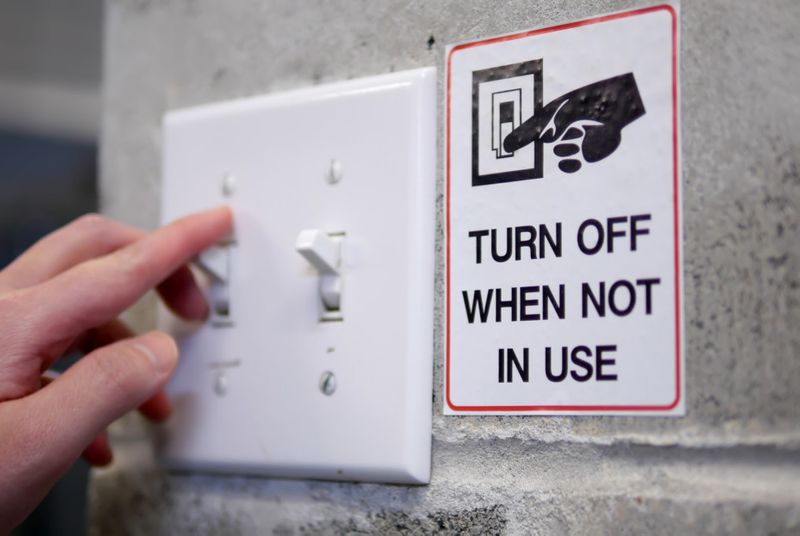
Image Credit: Shutterstock
Don’t needlessly keep the lights on or let the tap water run; buy, cook and consume foods only as much as you need; get out of the buy-and-throw mindset; give your old clothes and shoes a second chance; the list can go on.
As the Sustainability Guide says, our action, big and small, have the power to make a real impact and create a healthier, more sustainable world.

